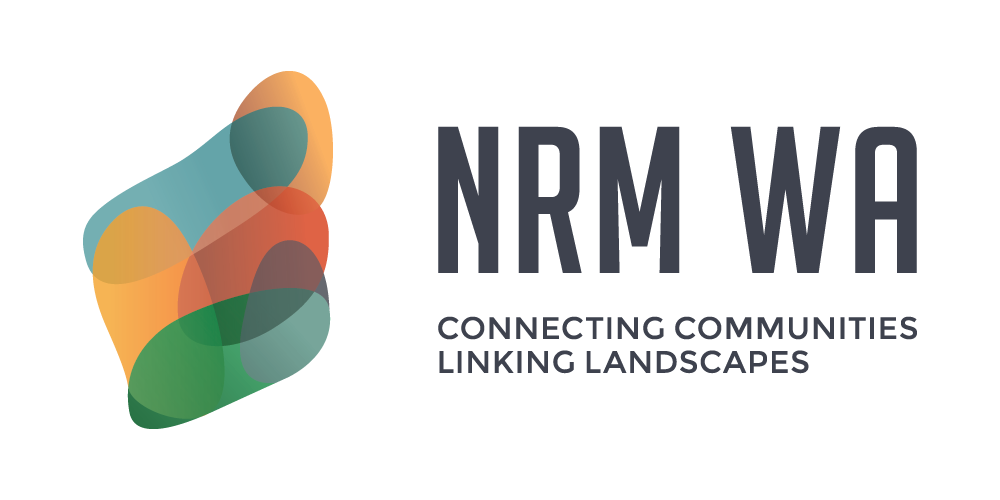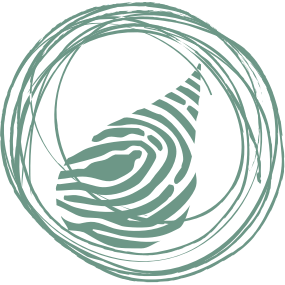
Results from a four-year long, WA-wide carbon awareness project are showcased in a new publication released today.
The Royalties for Regions Carbon Project – Showcase details the achievements of five of the WA Natural Resource Management (NRM) groups who worked with land managers to develop 25 demonstration sites throughout WA.
The project commenced in 2012, after Royalties for Regions (R4R) awarded funding to the Department of Agriculture and Food Western Australia (DAFWA) to deliver a state-wide, carbon farming awareness project.
The aim was to develop an understanding in regional WA of the productivity, profitability and sustainability potential of carbon farming, associated risks and supporting communities to responsibly manage their natural resources.
In order to build capacity at all levels and strengthen linkages between research and land managers, DAFWA opted to partner with six of the WA NRM groups to deliver the project—Northern Agricultural Catchments Council (NACC), Rangelands NRM, South Coast NRM, South West Catchment Council (SWCC) and Wheatbelt NRM.
Together the partners worked to fill research gaps and improve general understanding of the complex and dynamic federal carbon legislation and carbon market environment.
In the high rainfall regions of the south west, demonstration sites were established evaluating the benefits of adding compost to dairy farms for pasture growth rates and soil organic carbon, while another trial looked at the use of biochar as a carbon sequestration tool.
In south coastal regions, soil organic carbon increases under biological farming techniques and reducing emissions from livestock with perennial grazing systems were key carbon farming activities.
Across the central and northern Wheatbelt, on-farm examples of carbon farming looked at brown manuring crops, sandalwood plantations and forage shrub plantings for carbon storage.
Across the rangelands, sites demonstrated how much carbon is stored above and below the soil.
Chair of NRM WA Jim Sullivan said by partnering with the NRM groups, the message was taken directly to five regions and delivered by NRM field staff that had established trust networks with members of the community.
“Through this program, over 1000 land managers were reached through workshops, field days and staffed information displays at regional events,” he said.
WA shows clear indications of being negatively affected by a rapidly changing climate.
“Land managers are at the front line of those affected by climate change and are also leading the way in terms of adopting and trialing innovative practices to improve the resiliency of the landscape,” Mr Sullivan said.
Despite the conclusion of the formal project, each of the NRM groups has made a commitment to continue to bring the carbon conversation to WA land managers and continue to encourage the take up of appropriate carbon practices.
“Together we are aiming to put WA land managers at the forefront of making carbon money from their marginal or better land as another income source.”
The report was released today to coincide with the ‘Outback Carbon Farming Conference’ organised by the Partnership for The Outback at QV1. Copies are available at the conference, can be downloaded from the NRM WA website or from Rangelands NRM Ph 08 9468 8250 or email info@rangelandswa.com.au
Notes
Natural Resource Management (NRM) brings together the people and places of Western Australia through adoption of practical solutions to common issues faced by land managers across our large and diverse State.
NRM WA is the collective of the seven NRM Regional groups, each with a regional focus and direct access to a wealth of grassroots knowledge as well as the capacity to build efficient networks with industry, research and government.
For more information about NRM in WA contact Executive Manager Dr Kathleen Broderick: m: 0427 566 865 e: kathleen@broderickandassociatees.com.au

